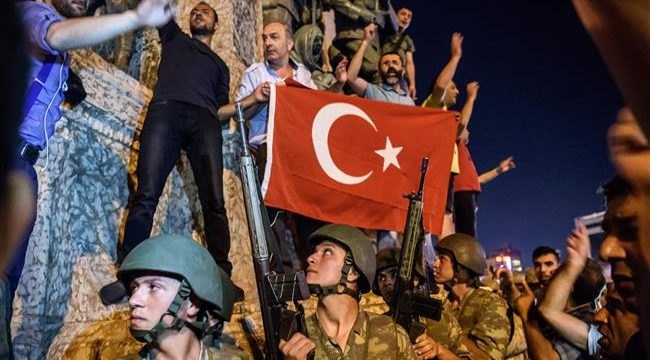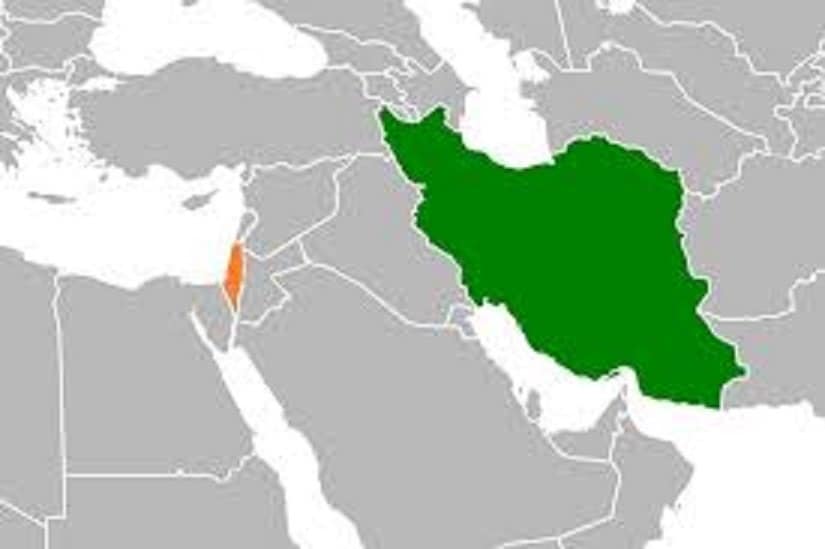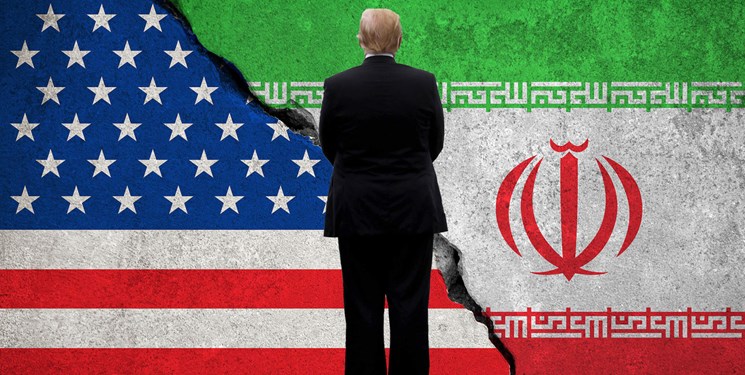Impacts of the Failed Coup d’état on

Mohammad Ali Ghasemi
During last month, Turkey witnessed important developments in the field of its foreign and domestic policy. Normalization of relations with Israel and Russia was among the most important developments in the foreign affairs and the failed military coup d’état in mid-July 2016, was the most important event in Turkish domestic arena. It seems the coup, in spite of the possible serious impact on domestic policy, would not influence significantly the foreign affairs and the continuation of the Turkey’s current policy.
The appointment of Ben Ali Yildirim as Prime Minister has brought about significant mobility in the field of the Turkish foreign policy on the basis of which, the long-stalled negotiations with Israel ended quickly and the two countries are preparing for an exchange of Ambassadors. On the other hand, with Erdogan’s letter to Putin, there was a turn in the external relations of the two countries.
Turkish Foreign Minister Davutoglu was quoted as saying Turkey can cooperate with Russians in Incirlik base to take action against ISIS. Although the news was denied, but it has certainly indicated a serious change in the Turkish position.
Agreement with Assad’s presence in the transitional Government and even rumors on Iran’s mediation between Syria and Turkey also represents a significant change in the positions of Turkey on Syria.
Egyptian Government and Foreign Minister Ahmed Abu Zeid welcomed the Turkish authorities willingness for a visit by a delegation of AKP officials to that country but is demanding that Ankara recognize what it calls the “۳۰ June revolution and the Egyptian people’s will”.
Turkey feels the Assad regime is more preferable to the dissolution of Syria and PKK’s dominance in the north of the country.
In the field of the relations with Israel, the possibility of Turkey’s efforts to improve relations with the US has also been mentioned which of course is a weak possibility. But the importance of the energy issue in the field of relations should not be ignored. Israel tries to sell its gas to Turkey or transfer it from Egypt and Turkey to Europe and Turkey aims to diversify its energy resources.
Regarding relations with Russia, there is no doubt that the economy is important, but at the same time, ending the isolation and charges is also important. While in the case of Syria, the Russian Government has become a decisive factor and the future of Syria is vital for the security of Turkey.
Contrary to some claims insisting that the June coup in Turkey was fabricated, it seems that it was a real one and failed just because of a few simple reasons namely; those involved in the coup were among the mid-level commanders who had failed to convince their upper commanders, and this led to the disclosure of their plan.
The operation was supposed to begin on 3 am and the coup leaders were forced to start earlier. Because at that time people still have not been sleeping, they took to the streets at the invitation of Erdogan and opposition parties. It seems the rebels thought that the people are tired of Erdogan and will welcome them.
Another reason for the failure of the coup was that television and mass media also joined the anti- coup camp and the attempts made by the Army to bomb the Turkish satellite stations failed due to the downing of the helicopter by forces loyal to the government.
It seems that Iran has benefited the failure of coup for various reasons: first; the Coup Government- in case of victory- could certainly be a more pro-American one. Second, chaos and instability in Turkey has a negative impact on the entire region, including Iran. For example, country’s control over the borders and the movement of terrorists will be less. Third, the Fethullah Gülen camp is essentially anti-Iranian.
Given the failure of the coup, it seems Turkey’s relations with the US are not going to be tension-free and conflicts will continue on the matters such as the extradition of Gülen and the Syrian crisis; and the closure of Incirlik base by Turkey after the coup is an example in this regard.
In general, international and regional isolation and a variety of evidence supporting the charges that Turkey is associated with radical and terrorist groups especially ISIS; Kurdish crisis in Turkey and strengthening of the PKK and its branch in northern Syria and the possibility of establishing an independent or a federal state in those areas; economic and trade problems as well as the different characters of Yyldarym and Davutoglu, all together have caused a change in the Turkish foreign policy. Given the existing evidences, the improvement and normalization of relations with other countries in the region would possibly continue steadily.
Since the July 15 coup attempt has failed and as a result, no change took place in the Government, it is unlikely that a significant impact on the course of the foreign policy and the continuation of the Turkish Détente would be seen. As a result, it is likely that Turkey will move closer towards Iran and Russia and the Turkey’s relations with the US and Europe will not be free of tension and conflict.





